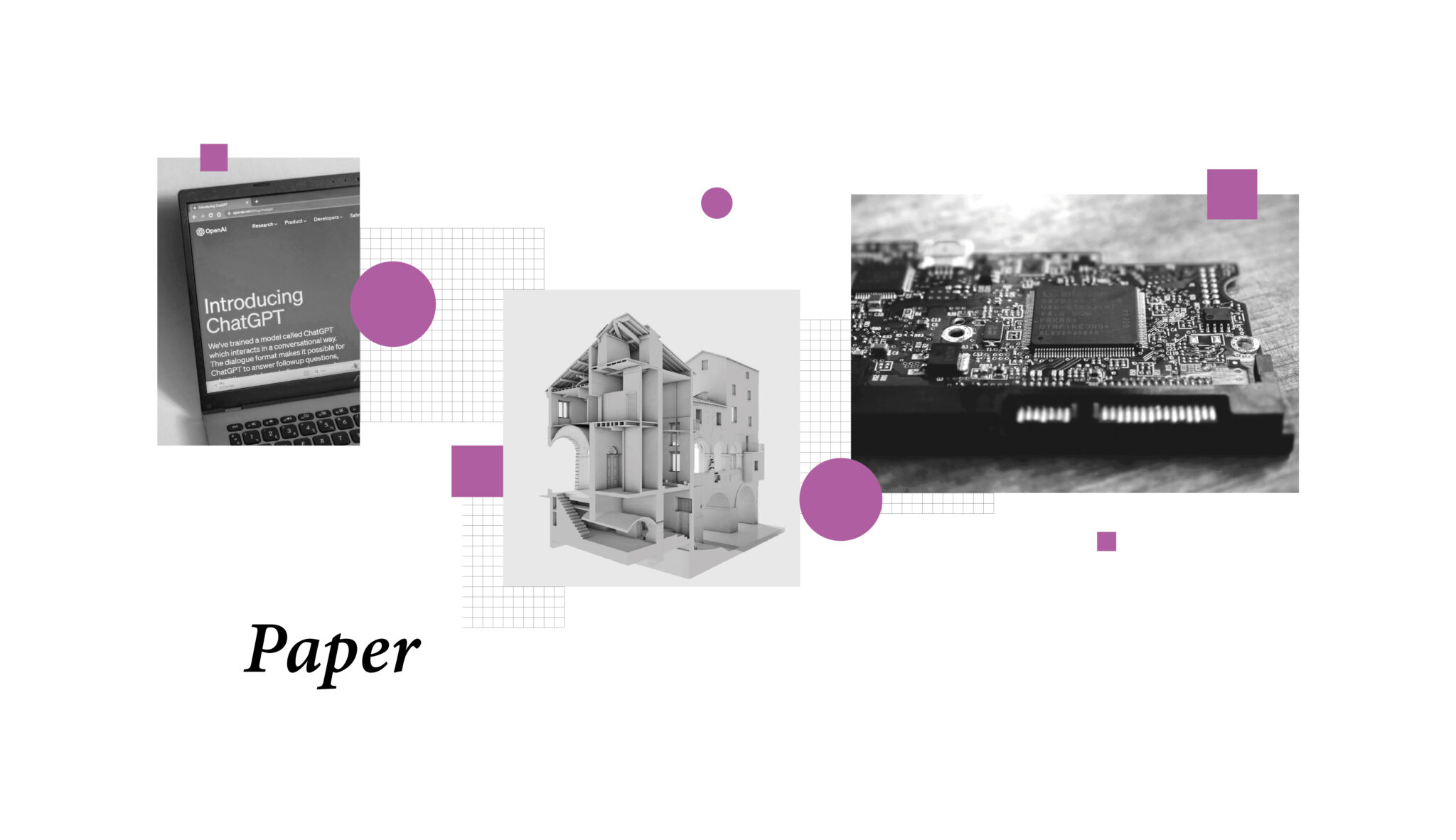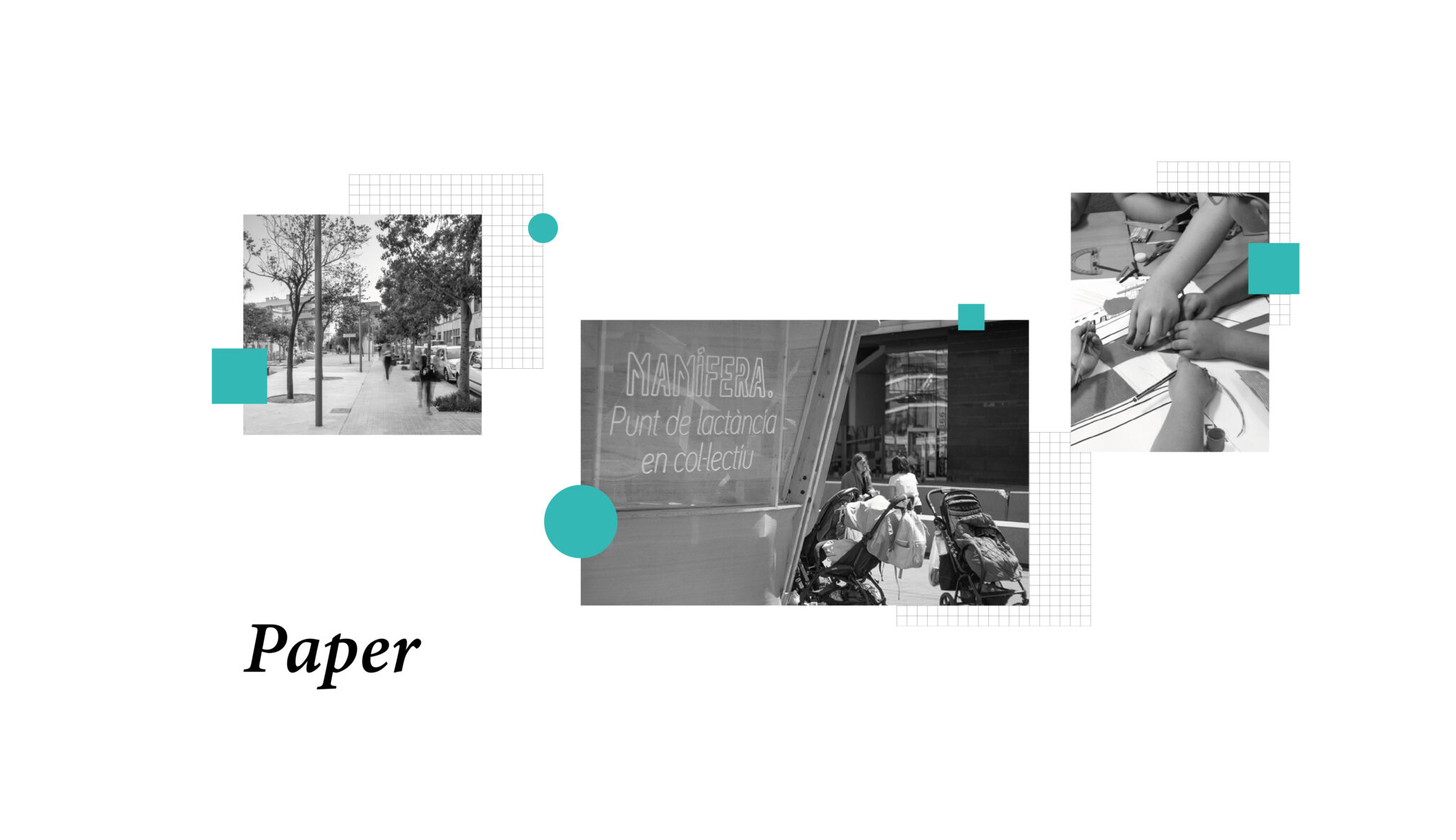
Introducing Restpod™, the multisensory space that reduces stress
ODUElab · 5 July 2024
Developed by ODUElab, an innovative start-up within the DVArea group, in collaboration with Estel, it is at the centre of research conducted with the University of Verona, aimed at investigating and measuring the impact of the built environment on people’s well-being.
Workplaces are transformed through the language of research and innovation, embracing the philosophy of well-being in the office. Restpod™ is a multisensory module developed at DVArea by ODUElab, using evidence-based design inspired by biophilic principles, aimed at providing restorative breaks. The pod is designed to be placed in work, commercial, and residential settings: spending just a few minutes inside produces measurable physiological, cognitive, and emotional benefits. This inclusive and sustainable approach fosters interaction and harmony between mind, body and emotions, and is grounded in scientific evidence.
We spend approximately 90,000 hours at work during our lives—more time than we devote to any other activity, except sleeping. Over thirty years ago, Stephen and Rachel Kaplan introduced the concept of restorativeness, emphasising the psychological and health benefits gained from contact with nature. The significance of this relationship extends beyond mere aesthetics and encompasses numerous benefits in terms of recovery from mental fatigue.

Restpod™ was developed within ODUElab’s research and development activities, which aim to promote innovative solutions supporting individual well-being and harmony with the surrounding built environment. The experimental process, which is central to the third phase of the research project “Restoring the self-environment relationship: mechanisms and applications of green space to reduce stress in information technology settings”, coordinated by the APsyM Laboratory of the Department of Human Sciences at the University of Verona and the Department of Neurosciences, Imaging and Clinical Sciences at the University of Chieti, aims to demonstrate how a 15-minute stay in the Restpod™ reduces stress and enhances psychological and physical well-being, also through the collection and analysis of qualitative biometric data.

THE RESEARCH – Restpod™ was developed as part of the research and development activities of ODUElab, which seeks to promote innovative solutions supporting individual well-being and harmony with the surrounding built environment. The experimental process, which is central to the third phase of the research project “Restoring the self-environment relationship: mechanisms and applications of green space to reduce stress in information technology settings”, coordinated by the APsyM Laboratory of the Department of Human Sciences at the University of Verona and the Department of Neurosciences, Imaging and Clinical Sciences at the University of Chieti, aims to demonstrate how a 15-minute stay in the Restpod™ reduces stress and enhances psychological and physical well-being, also through the collection and analysis of qualitative biometric data.
FEATURES – Biophilia and regenerativity are the key concepts behind the design. To encourage relaxation and enhance the positive effects of the environmental features, natural materials and colours have been used, along with diffuse, warm and dimmable lighting. The presence of vegetation and a visual connection with nature stimulate engagement with the surrounding environment, while always ensuring control and privacy, thermal variability and airflow management, odour control and air quality parameters, acoustic insulation, natural sounds, and a home-like design. Restpod™ introduces the use of wearable devices to monitor heart rate and assess physiological effects, as well as to measure psychological variables such as technostress, emotional well-being, performance, and symptoms of burnout through self-report questionnaires based on scientifically validated measurement scales. This innovative approach connects architecture to issues such as technological stress, emotions, and attachment to the workplace—topics that have become particularly significant in the aftermath of the Covid-19 pandemic.
THE PROTOTYPE – Thanks to the partnership with Estel Group, a prototype was developed and used as an experimental setting for a sample of 100 participants. The data collection phase, conducted through questionnaires based on scientifically validated measurement scales, wearables, and portable EEG, is expected to conclude by December 2024. Restpod™ is a self-supporting, scalable, and accessible module, powered by a single socket and requiring no additional superstructures. The experimentation began in workplace settings and the DVArea offices, but the module can also be installed in environments with other functional purposes, such as airports, shopping centres, and stations.

Read the news on Ingenio
Well-being in the office: “Restpod”, the multisensory biophilic module that transforms workplace environments.







